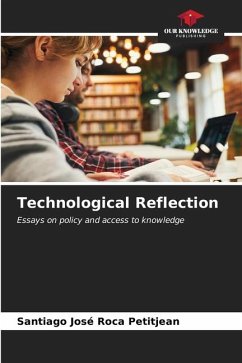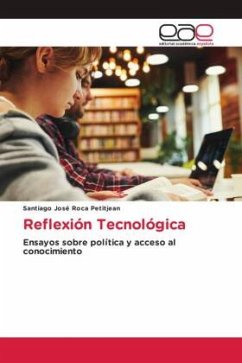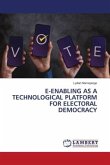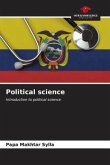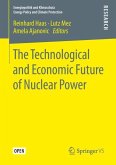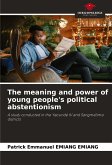The scene of free access to knowledge has changed in the 21st century. The organizational model of free software has gained the interest of those who used to defend the proprietary model, while free knowledge initiatives are increasingly interested in achieving sustainability. Today it is possible to find coherence in the open science discourse, so that it is recognized by governmental and multilateral bodies.The articles in this volume reflect this maturation process. The first part brings together essays that explore the foundations of a critical approach to knowledge. The second and third parts translate some premises to their practical consequences in fields such as media communication, education, law and labor. The fourth part is the result of the interest in laying the foundations of a management model based on access to knowledge.As a result, this publication brings together various ideas on the subject of free access to knowledge from a civic and community perspective. Inthis sense, it proposes to offer elements for the understanding of open science policies.
Bitte wählen Sie Ihr Anliegen aus.
Rechnungen
Retourenschein anfordern
Bestellstatus
Storno

